For most dogs, puppy hood lasts for about the first year of life. During this time, the puppy needs higher levels of minerals like calcium and phosphorus, protein, vitamins, and energy (Calories) than it will as an adult. Foods fed to young, growing dogs should contain these higher levels of nutrients.
Pet foods in this group will usually be labeled as 損uppy food?or 揷anine growth?to distinguish them from foods designed for more senior dogs. However, you should always keep in mind that overfeeding can be harmful to your pet. Develop a feeding schedule for your breed of dog and stick to it. Puppies will tend to eat everything in sight because of higher activity levels.
Consult your veterinarian for a good brand of dog food and an appropriate feeding schedule. Avoiding giving table food, table scraps, or treats and snacks, these will only unbalance his diet and cause poor digestion and over time, obesity. Puppy hood is the most crucial time in your dog抯 development. Bad habits now can affect his health down the road.
Always feed your pup a 搈eal.?As stated earlier, pups will eat continuously if left alone. It is much better to put down a large amount of food, but only for a limited time, usually 20 ?30 minutes. Let the pup eat all he wants in that time, and then take the food away until the next meal. This will also discourage finicky eaters, as they will learn to eat when the food is available.
If your puppy starts to become overweight, simply shorten his mealtime, or reduce the number of meals each day, as determined by your vet. Overweight puppies tend to become overweight adult dogs with greatly increased health problems, and usually a shorter life span. Good nutrition and good eating habits are your responsibility, so please give them your best attention.

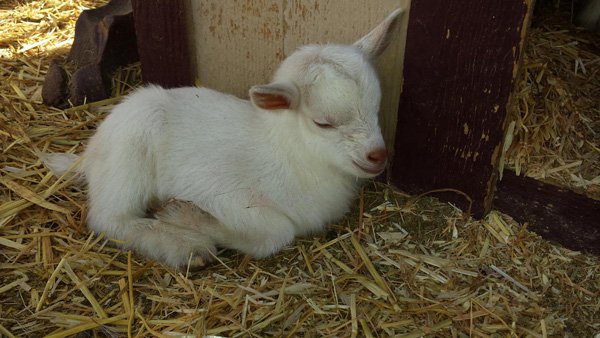 How to work for or open a dog boarding of your own?
How to work for or open a dog boarding of your own?
How to work for or open a dog boarding of your own?
How to work for or open a dog boarding of your own?
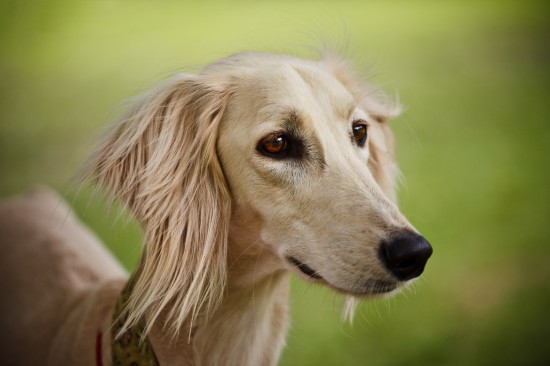 Saluki Dog Hereditary Health And Average Longevity
Saluki Dog Heredi
Saluki Dog Hereditary Health And Average Longevity
Saluki Dog Heredi
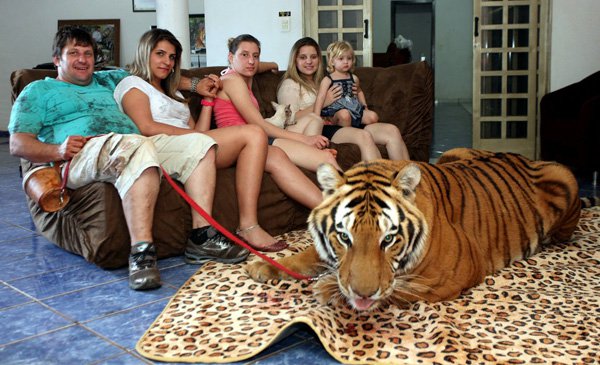 Leashes: A Choking Hazard?
Leashes: A Choking Hazard?
Responsible pet own
Leashes: A Choking Hazard?
Leashes: A Choking Hazard?
Responsible pet own
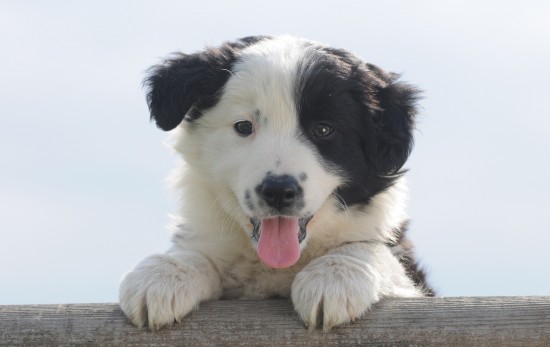 Health Conditions Common To The Border Collie
Health Conditions
Health Conditions Common To The Border Collie
Health Conditions
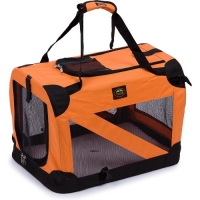 Collapsible Dog Crates And Other Pet Carriers For Air Travel
Taking your dog along with you on vacation can be quite
Collapsible Dog Crates And Other Pet Carriers For Air Travel
Taking your dog along with you on vacation can be quite